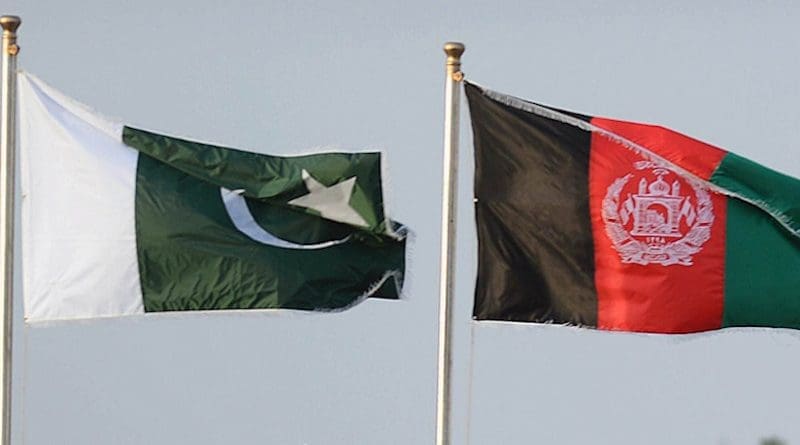The Afghan Quagmire – OpEd
By Asad Ali
Afghanistan and Pakistan have had a tortuous shared history that has left a complicated legacy of divided ethnicity across a Pak-Afghan border. Despite having some serious concerns regarding TTP’s sanctuaries inside Afghanistan, Pakistan has been extending all possible political and economic assistance to Kabul over humanitarian grounds.
Since the fall of Kabul, chaos has engulfed Kabul, with Islamic Emirate of Afghanistan (IEA) pursuing conservative policies. IEA’s policies have created huge gaps and power vacuums when it comes to provide human rights to Afghani people particularly women education and jobs. Afghan masses have been suffering due to power contestation for the past over four decades. The rampant corruption in government sector has further deteriorated overall economic and political flow of the country.
Afghan general masses have no interests in power tussle, they have no fault other than living in this region, and majority are innocent and pretty much ignorant about what still is to come. They are worried about their future, which seems bleak. It is up to IEA’s government to put their house in order before going for global recognition. With its current modus operandi, it will be difficult for IEA to grab more foreign aid as well as recognition.
The incumbent IEA’s government in Kabul is working against international norms and laws, which provides fundamental rights to masses. Likewise, international community has refused to engage with IEA over its stringent policies against women. Meanwhile, Pakistan has been urging leading global players to engage with IEA and provide maximum humanitarian assistance to Afghani people. Pakistan has also been maintaining that world must not alienate IEA. Pakistan has warned global community that alienation of IEA will provide space to other terrorist organizations such as Al Qaeda and ISIS to grab space for their regrouping/ relocating and may use Afghan soil against other countries and Afghanistan itself as well.
Pakistan is also witnessing the spillover of fall of Kabul. Since the collapse of Ghani government, terrorism has slightly increased in Pakistan. Terrorists groups are regrouping and re-emerging in the border areas with Afghanistan. It has also witnessed some attack against Army, which were planned and executed from Afghan soil. Not only border areas, some terrorist attacks also reported in main cities of the country such as Islamabad, Karachi and Peshawar. These terrorist incidents have been claimed by banned TTP and BLA.
Pakistan’s biggest challenge will be to prevent IEA from calling upon their old and new allies like jihadists to join them again. It seems fall of Kabul is likely to loom large over Pakistan’s tentative struggle against militant organizations and its efforts to stabilize the economy and strengthen democracy.
Pakistan’s foreign policy will have to find a balance between addressing the external security challenges and meeting its development needs at home. No issue impacts Pakistan’s internal and external challenges as much as peace and stability of Afghanistan; and there is no greater obstacle to Afghanistan’s stabilization than the Taliban. No country has as much leverage with them as Pakistan, which must play its cards well.
Pakistan cannot bring peace to Afghanistan alone as it will depend on IEA’s future policies like how they act and in which direction. The IEA needs to act with sanity by ensuring the provisions of basic and fundamental rights.
At the same time, Afghans must realize that they cannot remain at tangent to world obligations and responsibilities. They need to dig deep and plug the loopholes within. They may not be paid mercenaries any more. They must realize that others would not always come to rescue them. Whole path of the regional approach is tough and rugged but holds more chances to succeed in the given environment.
The writer is Islamabad based expert of strategic affairs

